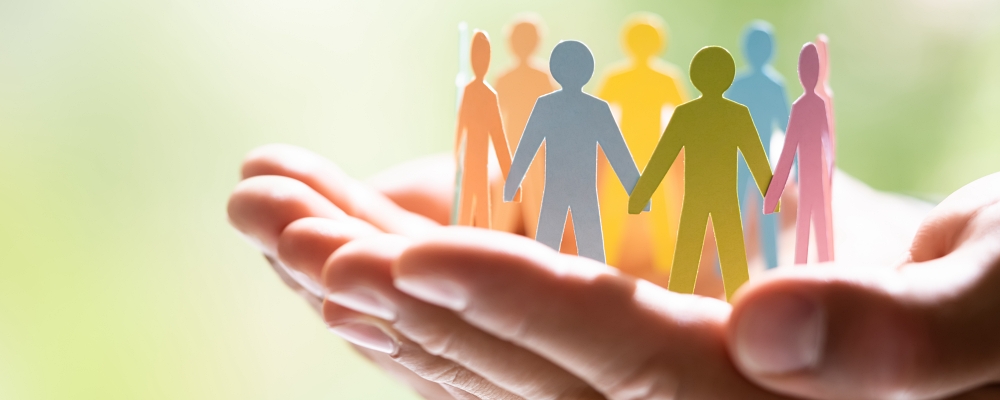
“What do you hold inside of you as a leader that needs to be shared with others?”
I recently posed this question to the 25 or so senior professionals currently enrolled in the Federal Emergency Management Agency’s Vanguard Executive Crisis Leadership Program. The highly distinguished group came to the Natural Hazards Center to kick off a six-month curriculum where leaders collaborate on improving policy and practice to influence the future of emergency management.
As the diverse cadre of government officials, first responders, researchers, and private sector representatives introduced themselves, it was clear that there was hardly a person in the room with less than 20 years of experience under their belt. It may therefore come as no surprise that they had plenty to say in response to that opening prompt. What I didn’t fully anticipate, however, was just how tender some of their answers would be.
“Emergency managers are human, too.”
“It is important to admit it when you don’t know something or can’t do something.”
“It’s okay not to be okay.”
Emergency managers in many jurisdictions across the United States and its territories have been operating in a continual state of emergency for more than two years due to the COVID-19 pandemic. Official counts from the Centers for Disease Control and Prevention indicate that the number of deaths from COVID-19 will soon surpass one million, catapulting it to the third most common cause of mortality in the country. Researchers estimate that each American who has died of COVID has left an average of nine close relatives bereaved, creating what journalist Ed Yong has referred to as a “community of grievers.” The sorrow of losing a loved one is exacerbated by the fact that, as he writes, “the pandemic has replaced community with isolation, empathy with judgment, and opportunities for healing with relentless triggers.”
Natural hazards, of course, have not halted during this terrible time of pandemic. As the deadly virus continues to rage, communities in every corner of our nation are devastated by floods, fires, severe storms, and other unrelenting environmental extremes—all while the affordable housing crisis deepens, the opioid epidemic spirals, gun violence worsens, and rates of mental health distress climb sharply.
The scale of human suffering caused by these compound disasters quickly became the backdrop for the conversation I had with the senior emergency management leaders. It led us to pursue a different question.
"How do you lead in an age of extremes?"
Rapidly intensifying climate-fueled disasters are forcing emergency managers into unchartered territory and pushing their capacity to the limit. This is especially true when officials are confronted with concurrent or cascading disasters, such as responding to an earthquake during the pandemic or addressing mudslides following forest fires.
As emergency managers are engaged in this exceptionally difficult work, they are also navigating a social atmosphere marked by profound political polarization and gaping racial and economic divides. This context matters because it shapes the preparedness and mitigation efforts that are at the heart of emergency management. It can also impede the formation of the diverse partnerships and coalitions needed to confront these extremes and find common ground.
As I left the meeting—which was the first in-person professional event that I’ve attended in more than two years—I was struck by just how far the bounds of emergency management are being stretched in this age of extremes. Emergency managers have always had to do a lot with the limited resources at their disposal. Now they are increasingly finding themselves on the front lines of disasters that are global in scope, yet deeply personal in their impacts.
There is no right answer to what leadership should look like during this time of tremendous uncertainty and upheaval. What the senior professionals in that session modeled, however, gave me great hope for an approach grounded in compassion and empathy, humility and understanding. It is, indeed, okay not to be okay. And this is precisely why we need one another, now, perhaps more than ever.
Please take care of yourself and others.
Lori Peek, Director
Natural Hazards Center